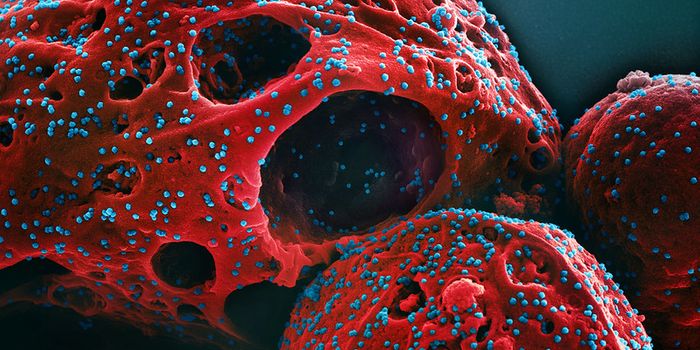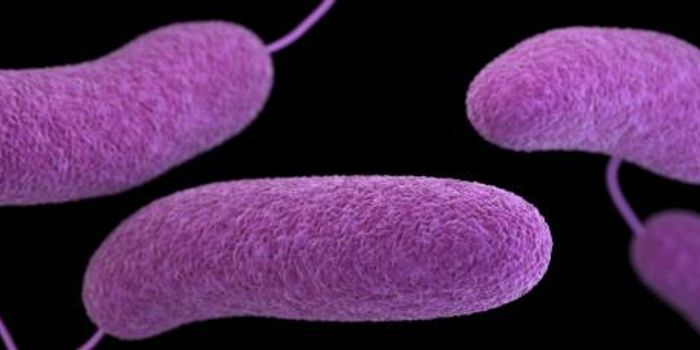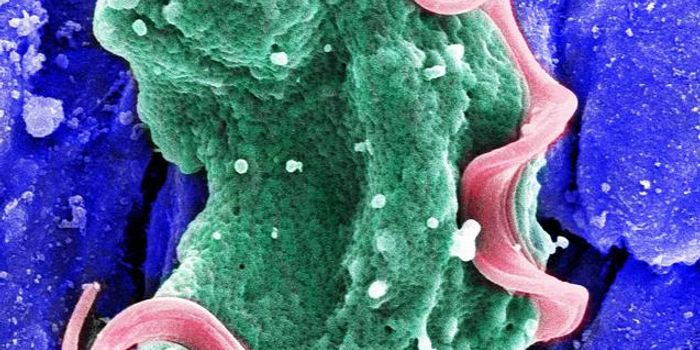Ketogenic Diet Appears to Help Protect Against the Flu
The ketogenic diet, which is high in fats and low in carbohydrates, is usually used to treat medical conditions, like epilepsy in children. It forces the body to use stored fat as fuel instead of carbohydrates; the fat gets broken down into ketone bodies. The diet (described in the video below by Mayo Clinic) has been touted recently as a way to lose weight. There is also evidence that it can be beneficial for people with type 2 diabetes. However, it is rich in foods that may be very unhealthy, like red meat and oils, and can be difficult to follow.
New work reported in Science Immunology by researchers at Yale University has shown that in a mouse model, the ketogenic diet helped the rodents fend off the flu virus. The ketogenic diet activated a subset of immune T cells that have not been associated with fighting the flu before this. It enhanced the production of mucus by airway cells, which helps trap the virus.
"This was a totally unexpected finding," said the co-senior author of the study, Akiko Iwasaki, the Waldemar Von Zedtwitz Professor of Immunobiology and Molecular, Cellular and Developmental Biology, and an investigator of the Howard Hughes Medical Institute.
In the Iwasaki lab, researcher Ryan Molony was working on activators of the immune system called inflammasomes; he wanted to know more about how they influence immune responses that are harmful. In the lab of co-senior study author Visha Deep Dixit, the Waldemar Von Zedtwitz Professor of Comparative Medicine and of Immunobiology, researcher Emily Goldberg was learning more about how the formation of inflammasomes are blocked by the ketogenic diet. The investigators began to wonder whether diet has an impact on the way the immune system reacts to pathogens such as the flu virus.
In this study, the scientists fed two groups of mice a normal or ketogenic diet, and exposed them to the influenza virus. They found that the mice eating the keto diet were surviving at higher rates compared to mice eating a normal diet that was high in carbohydrates. The mice consuming the keto diet were releasing gamma delta T cells, which are made in cells that line the lungs and release mucus. The carbohydrate diet did not have this effect.
They also tested the ketogenic diet on mice that were engineered to lack gamma delta T cells, and these mice were not protected from the flu, which seemed to confirm that it was the diet's influence on the cells that provided the protection.
"This study shows that the way the body burns fat to produce ketone bodies from the food we eat can fuel the immune system to fight flu infection," Dixit said.
The flu season has started, with the Centers for Disease Control and Prevention noting that several states including Georgia and Louisiana are reporting high activity. However, they are optimistic.
Sources: Science Daily via Yale University, Science Immunology








